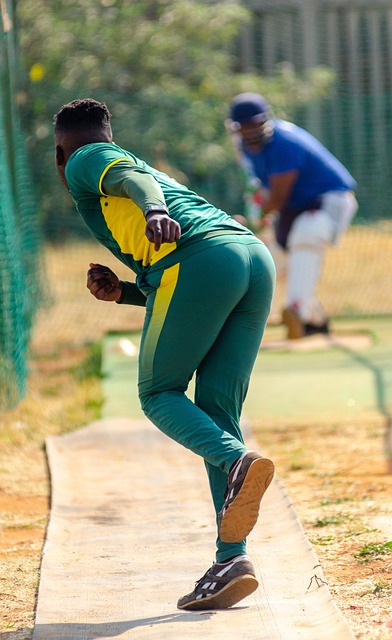Legal Challenges of Age Restrictions in Youth Cricket: Balancing Talent Development and Child Protection: 11xplay pro login, Tigerexch247 live, Betbook.com
11xplay pro login, tigerexch247 live, betbook.com: As the popularity of cricket continues to grow, youth cricket programs are faced with the challenge of balancing talent development with child protection. One of the key issues at the heart of this challenge is age restrictions in youth cricket. While age restrictions are designed to ensure fair competition and protect the welfare of young players, they can also pose legal challenges that need to be carefully navigated.
Age restrictions in youth cricket are typically put in place to ensure that players compete against others of a similar age and developmental stage. This helps to create a level playing field and allows young players to compete and develop their skills in a safe and supportive environment. However, these age restrictions can sometimes be a source of legal contention, particularly when talented players fall outside of the designated age range.
One of the main legal challenges of age restrictions in youth cricket is the potential for discrimination. If a player is deemed too old or too young to participate in a particular age group, they may feel unfairly targeted and excluded from opportunities to showcase their talent. This can lead to claims of discrimination and legal action being taken against the governing body or organization responsible for enforcing the age restrictions.
Another legal challenge is the potential impact of age restrictions on talent development. Young players who are exceptionally talented may find themselves restricted by age limits that prevent them from competing at a level that matches their skills. This can hinder their development and potentially limit their opportunities to progress to higher levels of the sport. Balancing the need to protect younger players with the desire to nurture talent is a delicate legal tightrope that youth cricket programs must walk.
To address these legal challenges, youth cricket programs must carefully consider how age restrictions are implemented and enforced. Clear and transparent guidelines should be established to ensure that all players are treated fairly and given the opportunity to compete at a level that is appropriate for their skill level. Additionally, efforts should be made to provide support and resources to help talented players who fall outside of the age restrictions develop their skills and reach their full potential.
In conclusion, age restrictions in youth cricket present a unique set of legal challenges that must be carefully managed. By balancing talent development with child protection and ensuring that age restrictions are applied fairly and transparently, youth cricket programs can create a supportive and inclusive environment that benefits all players.
FAQs
Q: Can age restrictions in youth cricket be legally challenged?
A: Age restrictions in youth cricket can potentially be legally challenged if they are found to be discriminatory or unfairly enforced. It is important for governing bodies and organizations to have clear and transparent guidelines in place to mitigate the risk of legal challenges.
Q: How can youth cricket programs balance talent development with age restrictions?
A: Youth cricket programs can balance talent development with age restrictions by providing support and resources to help talented players who fall outside of the age restrictions develop their skills. Clear and transparent guidelines should also be established to ensure that all players are treated fairly.
Q: What legal considerations should youth cricket programs keep in mind when enforcing age restrictions?
A: Youth cricket programs should be mindful of the potential for discrimination and the impact of age restrictions on talent development when enforcing age restrictions. It is important to prioritize the welfare of young players while also supporting the development of talent.







